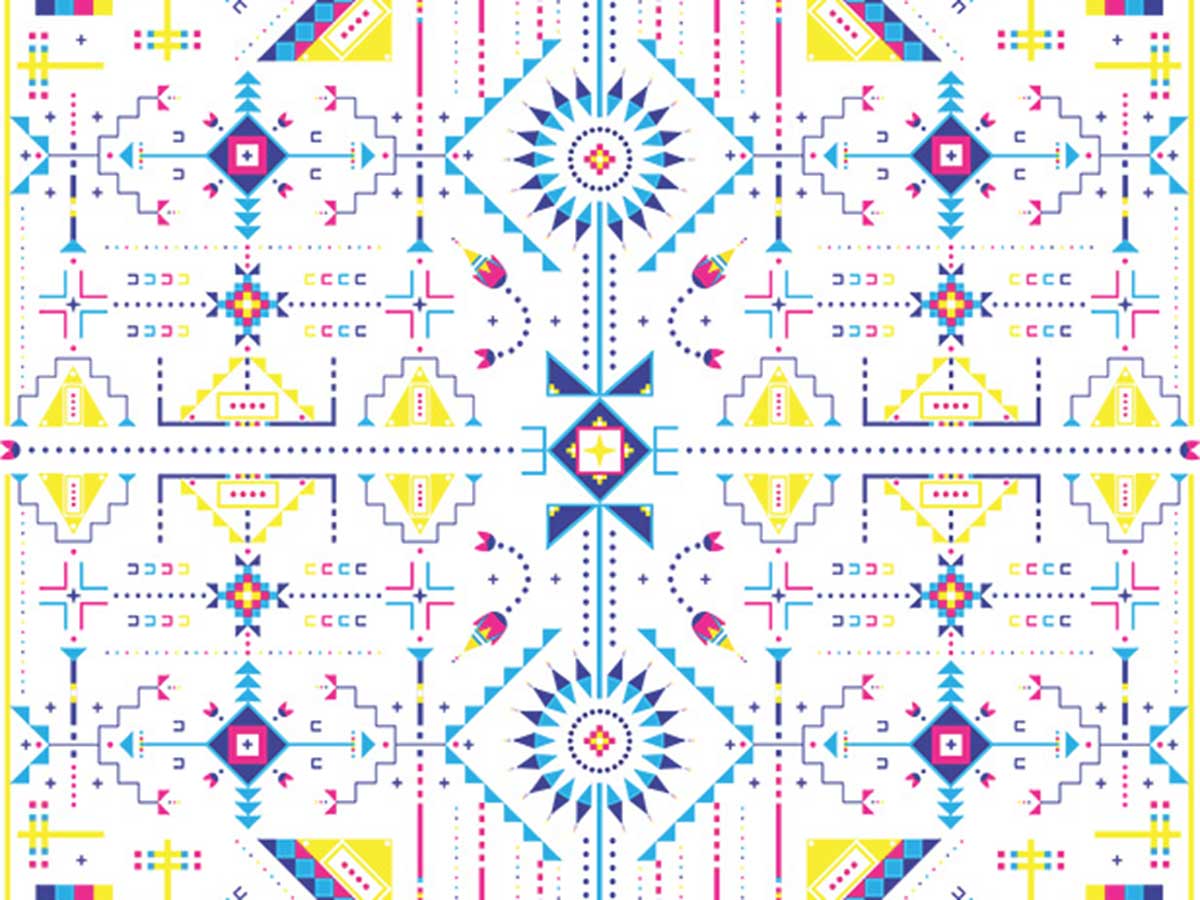Augusta Rose Toppins
Associate Professor
University of Tennessee at Chattanooga
Most graphic design histories conform to a professionalized, Eurocentric narrative in which prominent works are progressively arranged along a timeline. While methodologies vary between Phillip Meggs’, Richard Hollis’, and Johanna Drucker and Emily McVarish’s well-respected texts, these approaches share similarities that suggest a dominant narrative. In Thinking about History, Sara Maza wrote: “[T]he practice of history itself and the questions historians ask are transformed and renewed every time a new set of actors lays claim to its past.” In this Pecha Kucha, I will present four counter narratives for graphic design history that offer the potential for inclusivity and increased emphasis on social impact.
First, I will offer a Marxist counter-narrative in which the history of graphic design is told primarily through its relationship to labor and class struggle. Second, I will suggest a people’s history of graphic design, in which the counter-narrative is invested in graphic design as a universal human activity and a form of cultural production beyond the profession. Third, I will discuss decolonized counter-narratives, in which graphic design is delinked from its relationship to capitalism and legacies of Western centrality. Fourth, I will offer an intersectional counter-narrative in which gender politics and queer theory are integrated into the history of graphic design.
For each counter-narrative, I will share a methodology as well as design objects, ideas, processes, and/or texts that serve as examples. While none of these approaches will be exhaustively discussed in such a short presentation, my goal is to spark curiosity about the possibilities of shifting the conversation.
Image note: Lakota visual language, designed by Sadie Red Wing, 2016. Image courtesy of Sadie Red Wing.
This research was presented at the Design Incubation Colloquium 6.2: CAA 2020 Conference Chicago on February 14, 2020.
